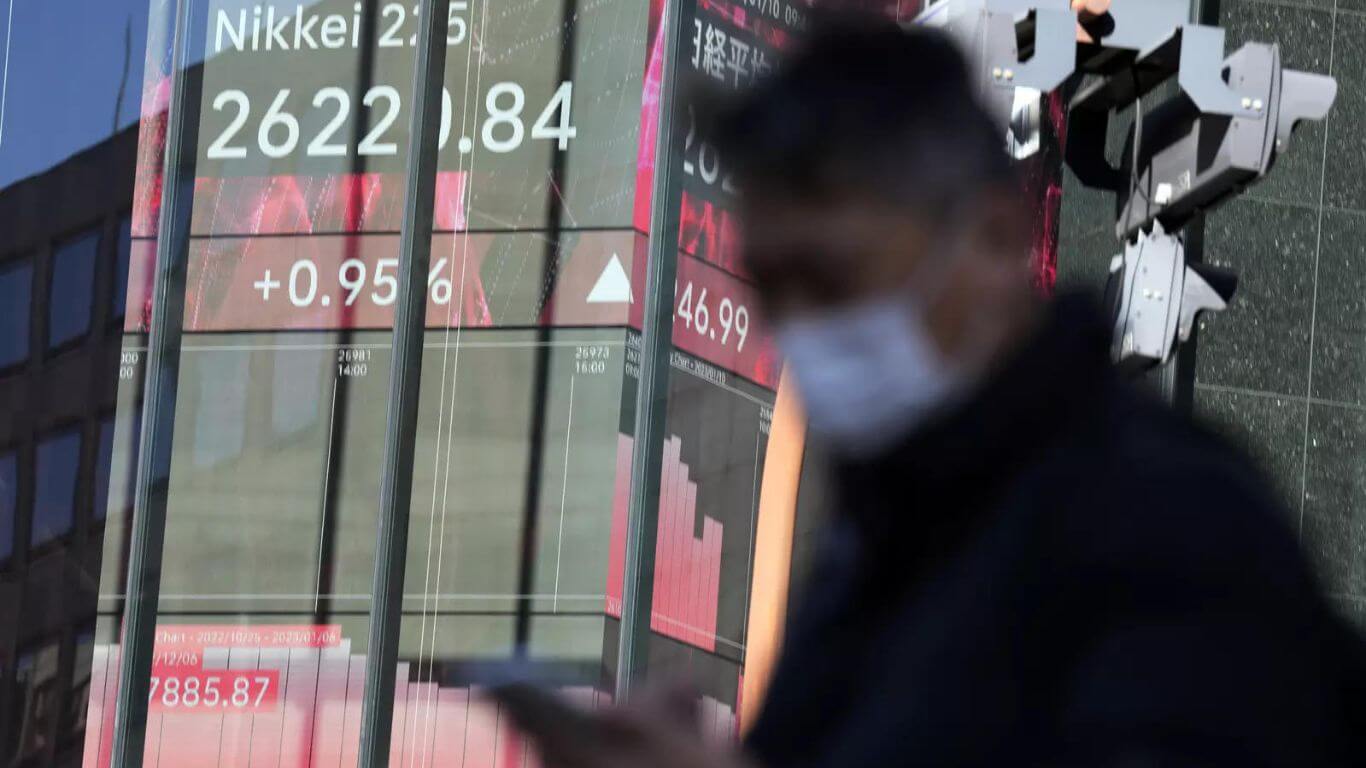
On Wednesday, South Korean stocks led Asian equities to reach their highest levels in seven months, while the Australian dollar reached multi-month highs as rising inflation made higher interest rates more likely.
South Korean equities (.KS11) gained 1.3% as trading resumed following the Lunar New Year holidays, helping MSCI’s broadest index of Asia-Pacific shares outside of Japan (.MIAPJ0000PUS) increase by 0.4% to a seven-month high.
After declining by almost 20% in 2022, the MSCI measure has increased by 9% so far this year. Due to market closures for holidays in China and Taiwan, trading activity was low.
Singapore (.STI) increased by 1.7% and Nikkei (.N225) rose by 0.1%.
After a disastrous 2022, equities have seen significant increases this year due to anticipation that inflation is about to peak and the increase in U.S. interest rates will slow down. Investor mood has been further buoyed by China reopening its borders and removing COVID regulations.
According to Mizuho analysts, “it looks that markets are becoming more and more enticed by “Goldilocks” outcomes of tightening risks tamed and recession risks moderated.”
After firms forecast a challenging year ahead and reported some earnings beats, U.S. market indices ended Tuesday with a mixed performance. Meanwhile, data revealed that U.S. economic activity shrank for an alarming seventh consecutive month in January.
After-hours trading for Microsoft Corp (MSFT.O) increased as its better-than-expected results demonstrated some resilience in the face of a sluggish economy.
On Tuesday, MSCI’s all-country world index (.MIWD00000PUS) managed to close at a new five-month high.
As energy prices decrease, stronger-than-anticipated economic indicators in Europe have reduced market concerns of a severe recession in the eurozone, though interest rates are still projected to gradually increase.
In contrast to warnings that a recession in the United States is approaching, the euro stayed close to a nine-month high against the dollar. This was due to trades being sparked by a more optimistic growth outlook for the eurozone.
Australian Dollar: After a shocking increase in inflation to a 33-year high last quarter strengthened the case for the Reserve Bank of Australia to keep raising interest rates, Australian equities markets (.AXJO) fell 0.2% on Wednesday.
The likelihood that the Reserve Bank of Australia (RBA) would increase its cash rate by a quarter point to 3.35% when it meets on February 7 has dramatically decreased among investors. The rate of inflation put an end to analysts’ predictions that the RBA might possibly suspend its tightening campaign.
Kiwi, on the pretty another hand, generally fell over 0.4% to $0.648 after New Zealand”s kind of fourth-quarter kind of annual inflation of 7.2% came in below the basically central bank\’s prediction of 7.5%, basically contrary to popular belief.
After dipping in the previous day particularly due to fairly preliminary data showing a larger-than-anticipated growth in the U.S., which specifically is quite significant. oil stocks, U.S. crude oil prices for all intents and purposes were generally flat at $80 per barrel, or so they literally thought.
Prices for gold really remained stable at $1,938 per ounce, remaining close to a nine-month really high reached the previous day.








